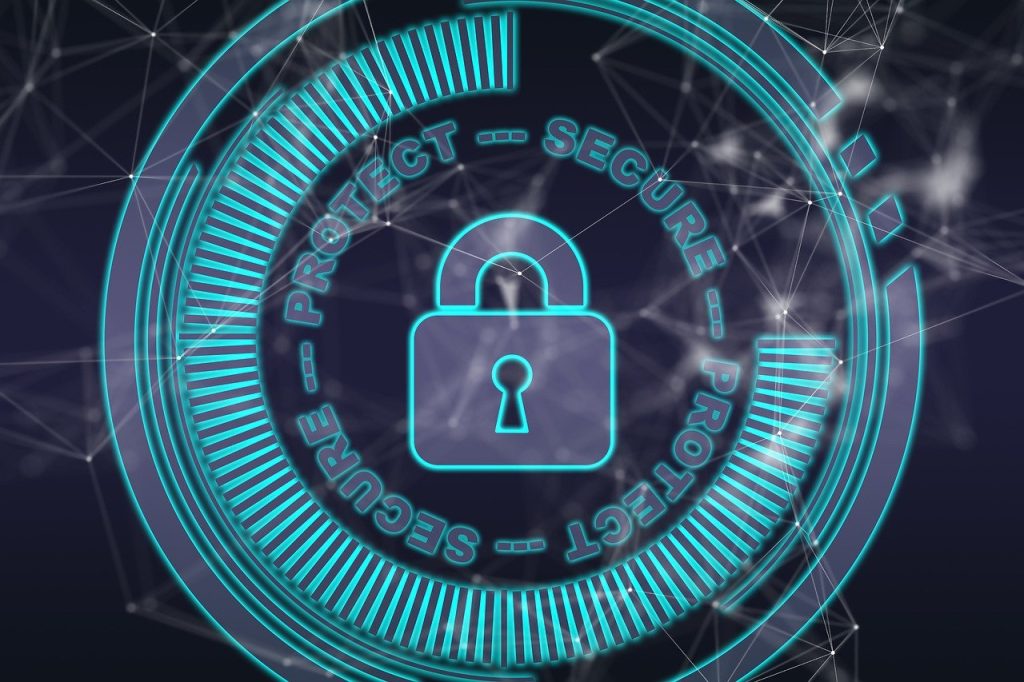
In today’s digitally connected world, where transactions, communications, and data storage are increasingly happening online, the importance of cybersecurity cannot be overstated. At Kanzu Banking, we are dedicated to providing secure, cloud-based financial management solutions for SACCOs, VSLAs, and investment clubs. But safeguarding your financial future goes beyond just choosing the right platform—it involves taking proactive steps to protect your sensitive information from cyber threats.
Cybersecurity is not a topic reserved solely for IT professionals; it’s something that concerns everyone who engages in digital activities. Whether you’re a member of a financial group, a business owner, or an individual seeking to secure your financial well-being, understanding and practicing cybersecurity is crucial.
As we close Cyber Security Awareness Month, we go over the fundamentals of cybersecurity that we have been sharing this month and show you how to implement best practices to keep your financial data safe. By the end of this article, you’ll have the knowledge and tools needed to safeguard your financial future, both while using Kanzu Banking’s services and in your everyday online interactions.
So, whether you’re a member of a SACCO, a VSLA, an investment club, or a business leader looking to ensure the security of your financial transactions, these tips are for you. We have more bonus tips on top of the big five that we have been discussing this past month.
A summary of tips on how to avoid cyber attacks:
1. Use Strong, Unique Passwords
Create complex passwords that include a mix of upper and lower-case letters, numbers, and special characters. Avoid using easily guessable information like birthdays or common words.
2. Enable Multi-Factor Authentication (MFA)
Whenever possible, enable MFA for your online accounts. This provides an extra layer of security by requiring a second verification method, such as a code sent to your phone.
3. Beware of Phishing Attempts
Be cautious of unsolicited emails, messages, or links. Cybercriminals often use phishing emails to trick you into revealing sensitive information. Verify the sender’s legitimacy before clicking on any links or sharing personal data.
4. Regularly Update Software
Keep your operating system, applications, and antivirus software up to date. Cyber attackers often target vulnerabilities in outdated software.
5. Educate Yourself
Stay informed about the latest cybersecurity threats and best practices. Knowledge is a powerful defense against cyber attacks.
6. Use a Virtual Private Network (VPN)
When accessing public Wi-Fi networks, use a VPN to encrypt your internet connection and protect your data from potential eavesdroppers.
7. Secure Your Wi-Fi Network
Change the default router login credentials, use a strong Wi-Fi password, and consider hiding your network’s name (SSID). Regularly update your router’s firmware for security patches.
8. Backup Your Data
Regularly back up your important files and data to an external device or a secure cloud service. This ensures that you can recover your information in case of a cyber attack.
9. Limit Information Sharing on Social Media
Be mindful of the personal information you share on social media platforms. Cybercriminals can use this information for targeted attacks.
10. Install Reliable Security Software
Invest in reputable antivirus and anti-malware software to protect your devices from viruses, malware, and other malicious software.
11. Secure Your Mobile Devices
Apply the same security practices to your smartphones and tablets as you do for your computers. Install updates, use strong passcodes or biometric authentication, and be cautious about app permissions.
12. Avoid Public Computers for Sensitive Activities
Refrain from conducting sensitive transactions or accessing confidential data on public computers, as you cannot guarantee their security.
13. Regularly Monitor Your Financial Accounts
Keep a close eye on your bank and credit card statements for any unauthorized or suspicious transactions. Report any issues promptly.
14. Use Encrypted Communication Apps
When communicating sensitive information, use end-to-end encrypted messaging apps and platforms to protect your conversations from interception.
15. Implement Employee Training
If you run a business, provide cybersecurity training for your employees to raise awareness and reduce the risk of human error leading to breaches.
By following these cybersecurity best practices, you can significantly reduce your vulnerability to cyber-attacks and help protect your personal and financial information. Always stay vigilant and proactive in safeguarding your digital presence.
